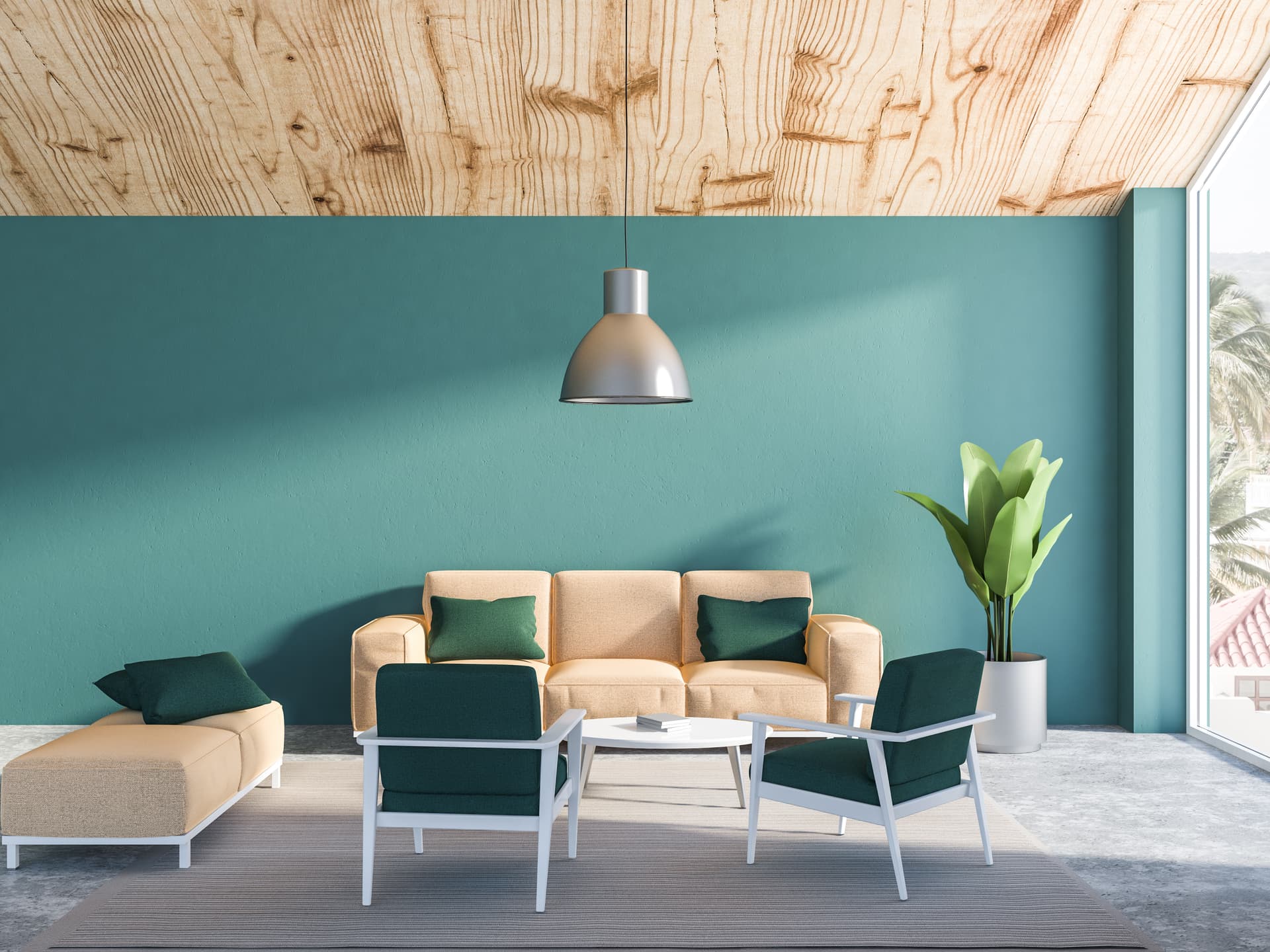KfW subsidy programs for your own property

26.
July 2022
Anyone acquiring an existing property or building a new one can apply for KfW subsidies in the form of low-interest development loans or grants. As a private individual, you have a choice of various subsidy programs from which you can benefit. We provide you with an overview of the most important options.
Wild months for KfW funding
It was only at the end of January that the German Federal Ministry of Economics surprised everyone with its decision to stop KfW funding for energy-efficient renovation and climate-friendly construction with immediate effect (Federal Funding for Efficient Buildings, BEG). Following massive criticism from the housing and real estate industry, the Ministry of Economics and Finance decided to process all applications submitted prior to the halt in accordance with the old standards and to resume funding in February. The 9.5 billion euros originally made available were topped up with a further five billion back in March.
An end to popular KfW programs
Several frequently requested KfW funding programs were terminated on July 1, 2021. These include programs 151, 152 and 430. These programs supported energy-efficient construction and refurbishment projects with loans and investment grants and have been replaced by new funding measures. It is also no longer possible to apply for the KfW 55 subsidy for energy-saving buildings. This construction method is to become the standard for new buildings from 2023 without subsidies. The requirements for energy-efficient buildings are also becoming stricter in other ways: since April 20, 2022, applications can be submitted for funding for houses with 40 percent less energy consumption than reference houses - in theory. The funding of one billion euros made available for this purpose was exhausted after just three hours and has not been increased further since then.
KfW programs with a focus on energy efficiency
Which KfW funding is best for you depends on the project you want to start. There are both low-interest loans and one-off payments - in each case for the purchase, new construction or renovation of a property. Many of the subsidy programs focus on maximizing energy efficiency. This applies, for example, to the residential building loan (261, 262) or the residential building subsidy (461). The loan provides up to 150,000 euros for the construction or renovation of an efficient house and up to 60,000 euros for individual measures. The grant gives up to 75,000 euros for the complete renovation or purchase of a freshly renovated efficiency house. Additional funding is possible.
More attractive funding options
Other KfW funding programs are independent of energy efficiency. The KfW Home Ownership Program (124) offers a subsidized loan starting at 2.97 percent annual percentage rate for a loan of up to 100,000 euros for the purchase or construction of a home. Important: The program can only be used to promote housing for own use.
KfW program 134 provides funding of up to 50,00 euros for the purchase of cooperative shares for owner-occupied housing. With the help of program number 159, one's own home can be converted to meet the needs of the elderly: The subsidized loan provides up to 50,000 euros for the removal of barriers, more living comfort and improved burglary protection. The 455-B investment grant provides up to 6,250 euros for barrier reduction, regardless of age.
Through the Building Children's Allowance (KfW 424), families receive a grant of 12,000 euros per child for the construction or purchase of residential property. The KfW subsidy program 270 supports the construction or purchase of renewable energy systems, including photovoltaics, water, wind and biogas. The exact subsidy amount differs from state to state.
Regardless of which subsidy you choose, you can always benefit from the attractive conditions offered by KfW Bank. For information on the respective KfW funding programs, visit www.kfw.de.